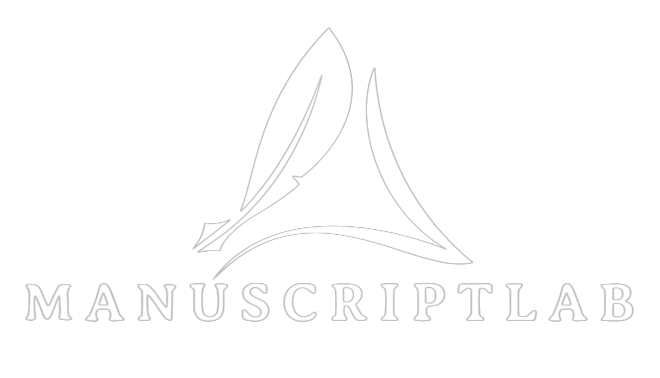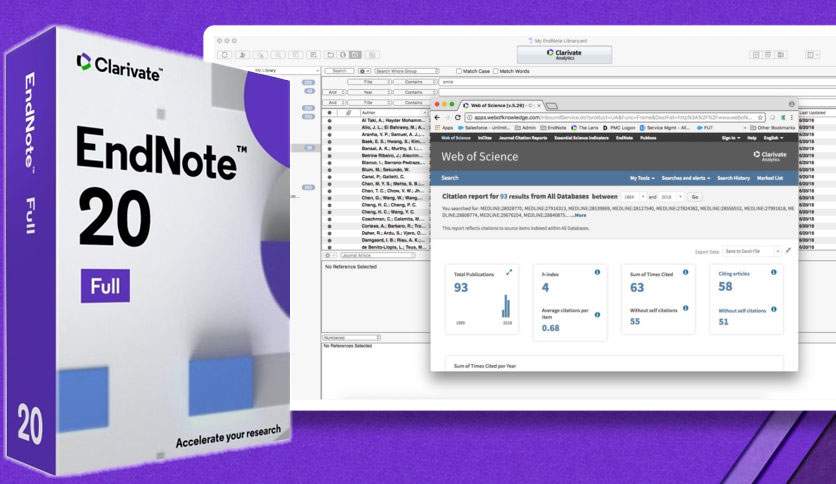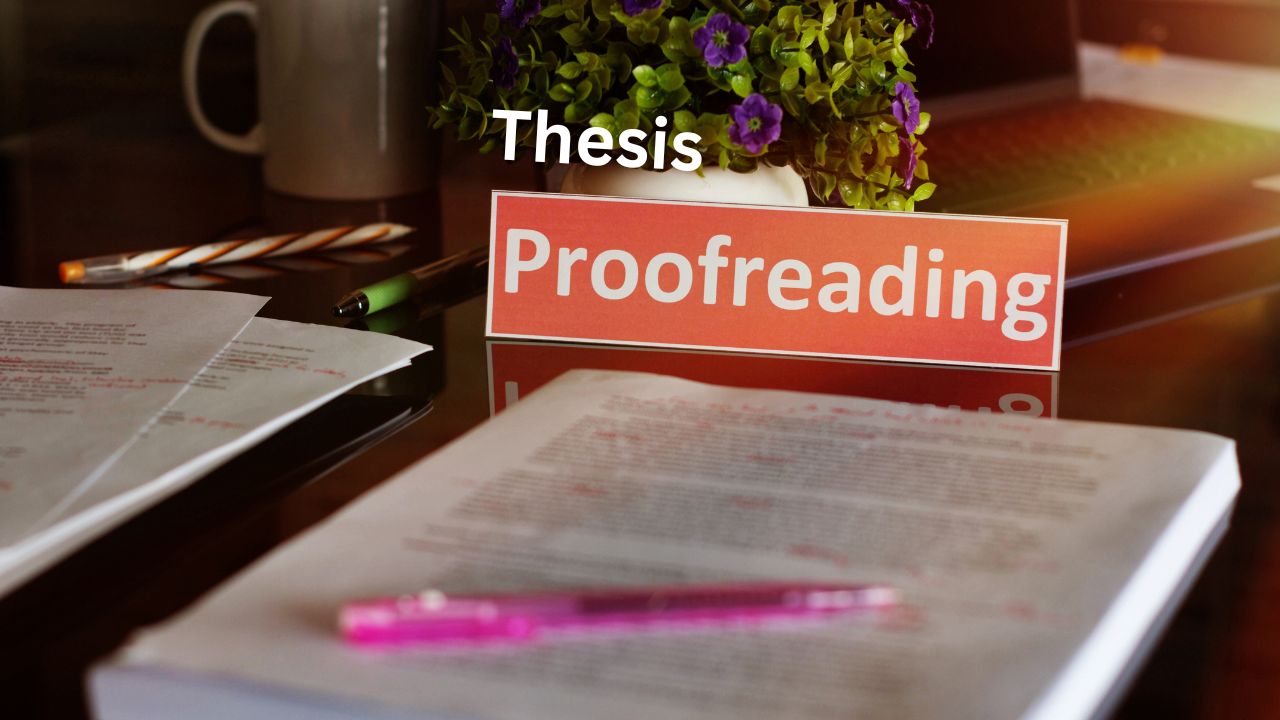
Reference management software are designed to help researchers and academic authors in citing references precisely and efficiently. Accurate referencing is a critical part of scientific communication. These programs also help the researchers, readers, reviewers, and editors quickly locate the literature cited by authors. Reference management tools can also be used in areas other than academia, such as business reports and presentations. Mostly, these reference management software also come with document creation tools, file storage and sharing options, and limited literature search functionality. These tools can automatically format citations for different literature sources, including books, dissertations, conference papers, journals, magazines, and websites. Nowadays, a wide range of reference management software programs are available such as Zotero, Mendeley, EndNote, BibDesk, RefWorks, and many more. Although all reference management tools typically perform the similar multiple functions, you may need to find which one is better suited to your requirements than another. Mendeley and EndNote are two most commonly used reference management tools. Therefore, I would like to compare the key features as well as major drawbacks related to Mendeley and EndNote.
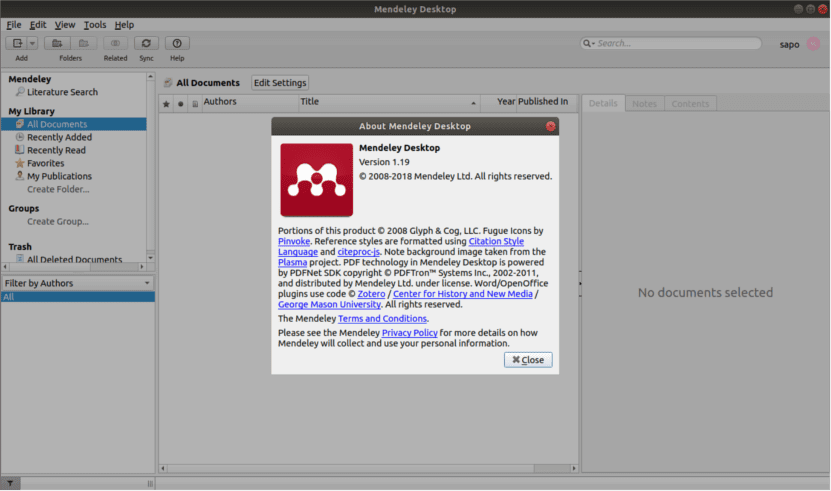
What is Mendeley?
Mendeley was founded by three German PhD candidates. It is now owned by Elsevier. It is a desktop and web-based program that helps manage and share research articles, and generate bibliographies for academic articles. It has the ability to import citations data in various formats like RIS, EndNote XML, and BibTex etc.
The key features of Mendeley as a reference management software:
- Mendeley is now owned by Elsevier, a renowned publisher.
- Mendeley counts the inimitable readership statistics to predict citation impact.
- Mendeley can create a citation record from a PDF.
- Mendeley‘s PDF viewer has incredibly easy-to-use built-in reading, highlighting, and annotation features. It is also equipped with PDF sharing options.
- Mendeley provides the “freemium” model: with 2 GB of free web storage. Additional storage is available after purchase.
- Mendeley desktop runs on Linux, Mac, and Windows.
- It can be used in LibreOffice, OpenOffice, and Microsoft Word.
- Mendeley provides a private account equipped with back-up and synchronization features.
- Mendeley can import research articles and documents from various websites (e.g., Web of Science, PubMed, Google Scholar) through its browser bookmarklet.
- Mendeley also integrates with Zotero.
To download the latest version of Mendeley, visit their website: https://www.mendeley.com/guides or Click Here.
Limitations of Mendeley:
Mendeley can sometimes miss key details from web page citations, e.g. the date accessed for a reference. Its free users can create only one private group, with limited members. Further, the Mendeley cannot create subject-specific bibliography.
What is EndNote?
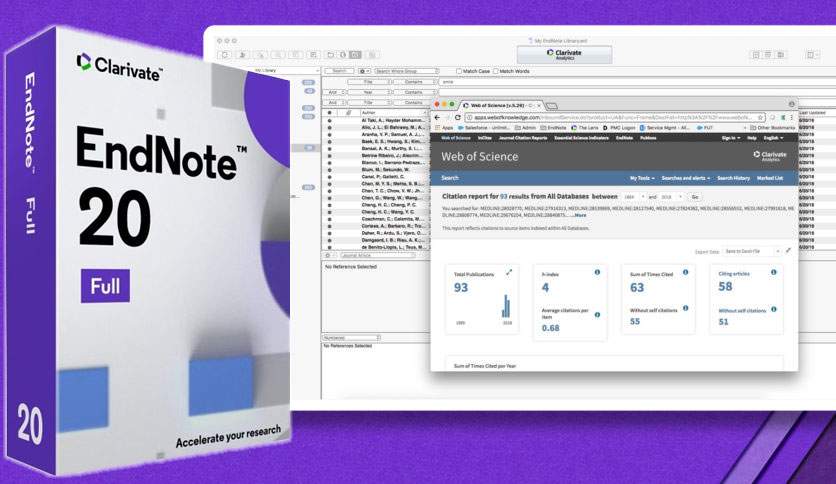

EndNote is a popular reference management software introduced by Thomson Reuters in 1988. It supports formatting of bibliography according to the citation style of a particular journal. It saves relevant references in a library, that can be shared with others. EndNote can connect to online databases such as Web of Science, Scopus, and PubMed, as well as provide search results based on the search parameters.
Key features of EndNote as a reference management software:
- EndNote has a large catalogue of references formatting options with over 6,000 available styles; so regardless of your discipline, you can find the one that suits your needs. EndNote is compatible with LibreOffice, OpenOffice, and Microsoft Word. Moreover, it can also add citations to your Microsoft PowerPoint slides, which is particularly important when you are creating a group presentation.
- The latest versions of EndNote provide several additional functions that may be important in one’s discipline.
- EndNote is not free; however, it can be bought with a substantial educational discount for students.
- Only EndNote offers a journal matching feature “Manuscript Matcher” to assist users in finding the appropriate journal for their articles.
- EndNote also allows users to generate a subject bibliography based on one or more keywords in users’ citations.
Limitations of EndNote:
EndNote users experienced some compatibility issues in the past. For instance, when Microsoft 2016 was released, Mac users were forced to continue using Word 2011 because of EndNote‘s compatibility issues. However, the latest versions are compatible with Mac. Further, EndNote’s Capture Reference bookmarklet has limited functionality than Mendeley. For instance, in case of PubMed search results, Capture Reference imports all references on a page, without allowing to choose specific references to import. The extension cannot capture bibliographic information directly from the webpages.
Conclusion:
Both Mendeley and EndNote have commendable features and functions and can be used simultaneously. Both are very popular among the diverse user’s groups for the last few years. Reference management software programs help researchers to store the literature search results, share them with other researchers, format the bibliography, and number references in the text in a seamless manner. Further, the reference management tools can auto-format citations accurately. These tools help researchers save a lot of time, especially when reference formatting has to be revised. Mentioned tools have been upgrading their capabilities based on the user’s needs over time. The choice between Mendeley and EndNote can vary depending on priorities and needs of the users. Both are excellent tools and well-known among research community. One major decisive factor can be the cost factor. Nevertheless, many schools provide their graduate students and faculty members with EndNote free of cost. Another major difference can also be the users’ priority regarding friendliness of these tools. Overall, Mendeley is more user friendly while EndNote provides more functionality in certain cases. Academic institutions should conduct awareness programs, orientations, and seminars for knowhow of these tools and popularize these programs among new researchers.
